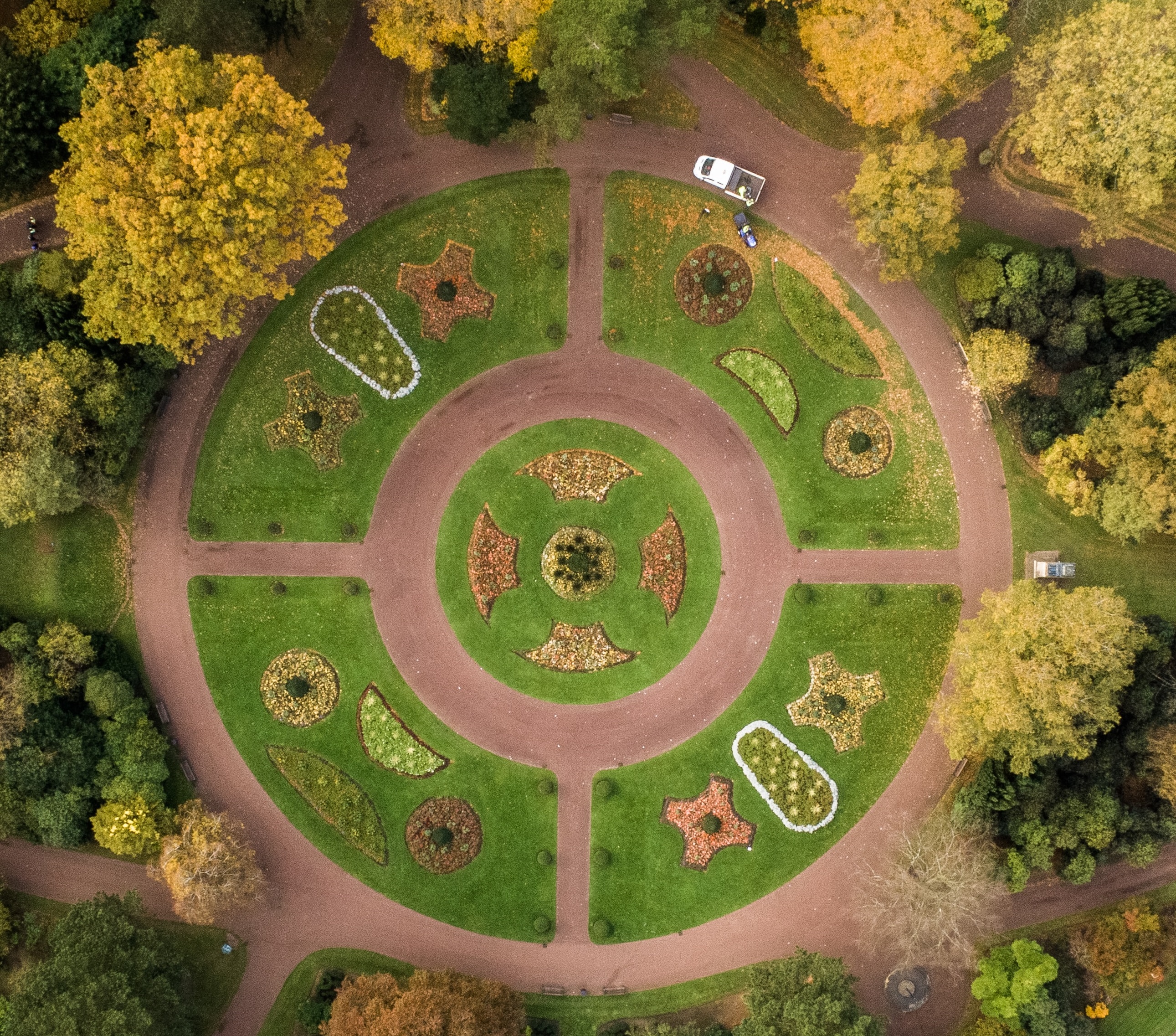OPINION: Nick Coad, Head of ESG at Wolseley UK Reducing carbon and creating the circular economy

Categories
Nick Coad joined Wolseley as Head of ESG last summer and Installer caught up with him to talk about the importance of zero-carbon economy and creating the circular economy.
Twenty years ago, an architect, William McDonough, and a chemist, Michael Braungart, wrote a book called ‘Cradle to Cradle: Remaking the Way We Make Things’ in which they explain how to design products to eliminate waste. This lay the foundations for what is now referred to as the circular economy – rather than disposing of products at the end of its life, the materials are recovered and reused.
The transition to the zero-carbon economy is an enormous challenge. As we shift to renewable energy and more efficient technologies, the impacts that arise from the manufacture of the products and materials we use in buildings will become much more important. The adoption of circular economic design approaches to both buildings, and the products that we use in them, will help reduce carbon and other environmental impacts.
At Wolseley we want to be at the forefront, having a positive impact on the markets we work in. To lead the way, we’re working on an industry-first circular economy project that is proving to be increasingly popular with our customers.
Wolseley and Grundfos have exclusively joined forces to launch a Take-Back Scheme that encourages customers to return their old water pumps so that they can be remanufactured to make new, high performing pumps.
Grundfos have designed their domestic and light commercial water pumps so that they can be remanufactured at a special facility in the North East of England. The remanufacturing process consumes only 50% of the water required by the conventional recycling processes and emits 13.5% less greenhouse gases. Customers simply need to take their old pump to their local participating Wolseley branch, where it will be placed in storage ready for collection.
Hopefully, this is the first of many projects for us at Wolseley that are aimed at creating a circular economy, as we already have trials with other suppliers and are keen to develop more of these solutions in the future. It’s certainly an exciting prospect.
If you’d like to find out more, the Ellen MacArthur Foundation has an extensive range of materials and support for organisations seeking to adopt ciruclar economy principles. What is a circular economy? | Ellen MacArthur Foundation
